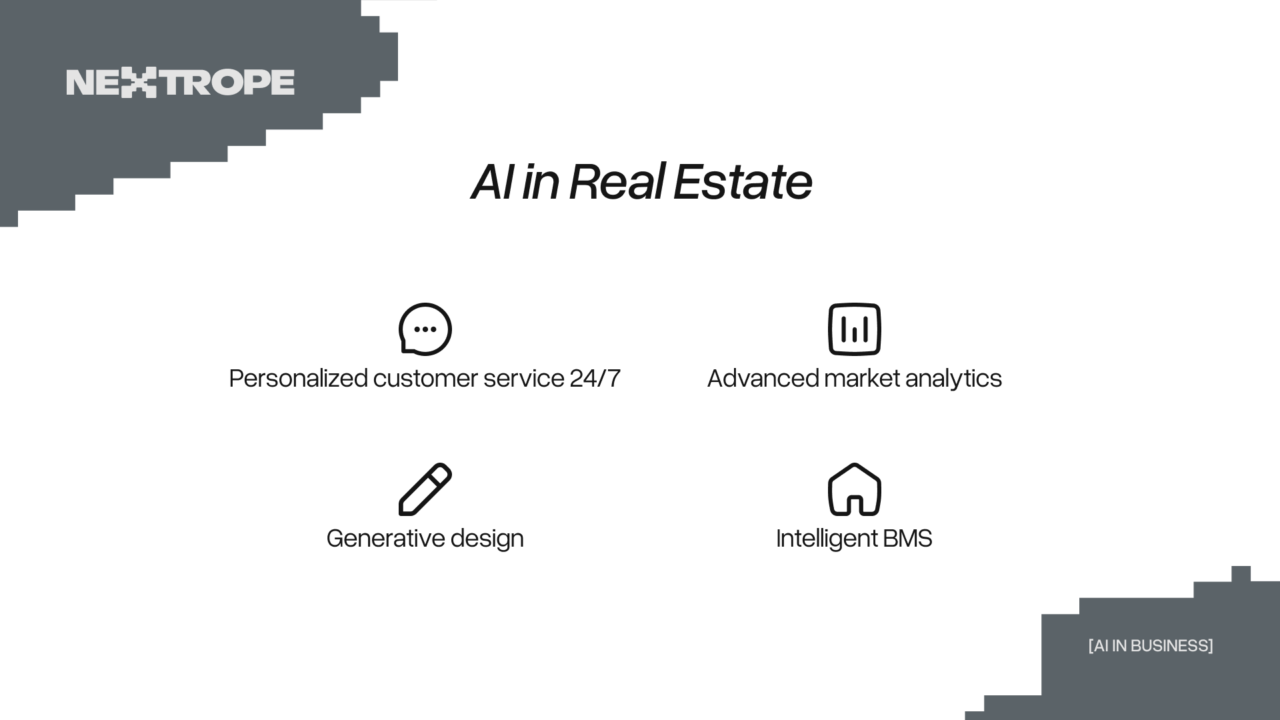Introduction
With the constant advancement of technology, companies are discovering innovative methods to enhance their sales operations. Among the most exciting breakthroughs in recent times is the integration of artificial intelligence for sales purposes. By harnessing the capabilities of machine learning, businesses can obtain a competitive advantage and deliver a more tailored experience to their clientele. In this article, we will delve into the advantages of AI for sales, its diverse applications within the industry, and the future prospects.
Benefits of AI for Sales
The use of Artificial Inteligence in sales has a variety of benefits. Here are some of the most significant:

AI Applications in Sales
Chatbots: One of the most widespread applications of artificial intelligence in sales is AI-powered chatbots. Offering immediate assistance to customers, these chatbots can address queries and resolve problems in real-time. Additionally, they gather data from customer interactions to enhance the overall customer experience.
Predictive Analytics: Predictive analytics is another field where AI significantly contributes to sales. Examining historical records, it can accurately predict future sales trends, enabling companies to adapt their strategies accordingly. This allows businesses to make well-informed decisions about sales approaches, products, and services.
Forecasting and Pipeline Management: Artificial intelligence can be instrumental in sales forecasting and pipeline administration. By assessing data from past purchases, website visits, and social media engagement, AI assists sales representatives in prioritizing leads based on their conversion probability. This lets them concentrate on the most lucrative prospects.
Lead Scoring: In the realm of sales, lead scoring and prioritization are areas where artificial intelligence can be applied effectively. AI evaluates data to rank leads and assign priorities for follow-up activities. This enables sales representatives to dedicate their efforts on the highest-potential leads, increasing their chances of making a successful sale.
Email and Social Media Campaign Automation: Lastly, AI can streamline email and social media campaigns in the sales process. Sending personalized emails and social media messages to potential clients and customers automatically, it ensures their continued engagement while guiding them through the sales funnel. This saves time and resources while maintaining a tailored approach to the sales process.
AI for Sales Success Stories
InsideSales.com
InsideSales.com, an AI-powered sales intelligence platform, scrutinizes sales interactions to pinpoint successful patterns. By examining over 100 billion sales communications, they gained knowledge on effective and ineffective sales strategies. Employing this data, predictive models were designed to direct their sales reps and enhance conversion rates by 20%. The insights also refined their sales pitch and messaging for better alignment with prospects.

DigitalGenius
DigitalGenius, a platform utilizing natural language processing, integrated AI-powered chatbots to offer immediate customer support. With the ability to comprehend and reply to customer inquiries like a human, these chatbots diminished the need for customers to await assistance from human agents. Consequently, DigitalGenius experienced a 10% surge in customer satisfaction and a 30% decrease in customer service expenses. Chatbots efficiently managed simple and repetitive queries, allowing human agents to focus on more intricate issues.

The Future of AI in Sales
One possible use of AI-powered sales entails offering personalized product suggestions. By examining client data and purchasing history, AI algorithms can generate customized product proposals that cater to each customer's preferences and requirements. This may result in enhanced sales and client satisfaction since customers are more inclined to complete a purchase when presented with tailored recommendations.
An additional promising application involves real-time sales coaching. AI-driven conversation analysis tools can scrutinize sales interactions in real-time, granting client relation representatives immediate feedback and direction. This enables them to hone their selling abilities and finalize deals more efficiently. This technology is also capable of supplying individualized training based on the strengths and limitations of each sales professional.
By adopting AI, companies can maintain a competitive edge and consistently deliver exceptional service to their clientele. As advancements in AI technology persist, we anticipate witnessing further innovative and thrilling applications arising within this sector.

Conclusion
To sum up, AI for sales offers numerous advantages, ranging from enhanced lead generation to delivering a tailored customer experience. By harnessing the capabilities of AI and GPT-based models, companies can optimize their sales operations and maintain a competitive edge. As this technology progresses, we anticipate even more innovative applications in the sales domain. If you haven't already implemented AI into your sales strategies, it's the perfect time to begin.
 en
en  pl
pl 












